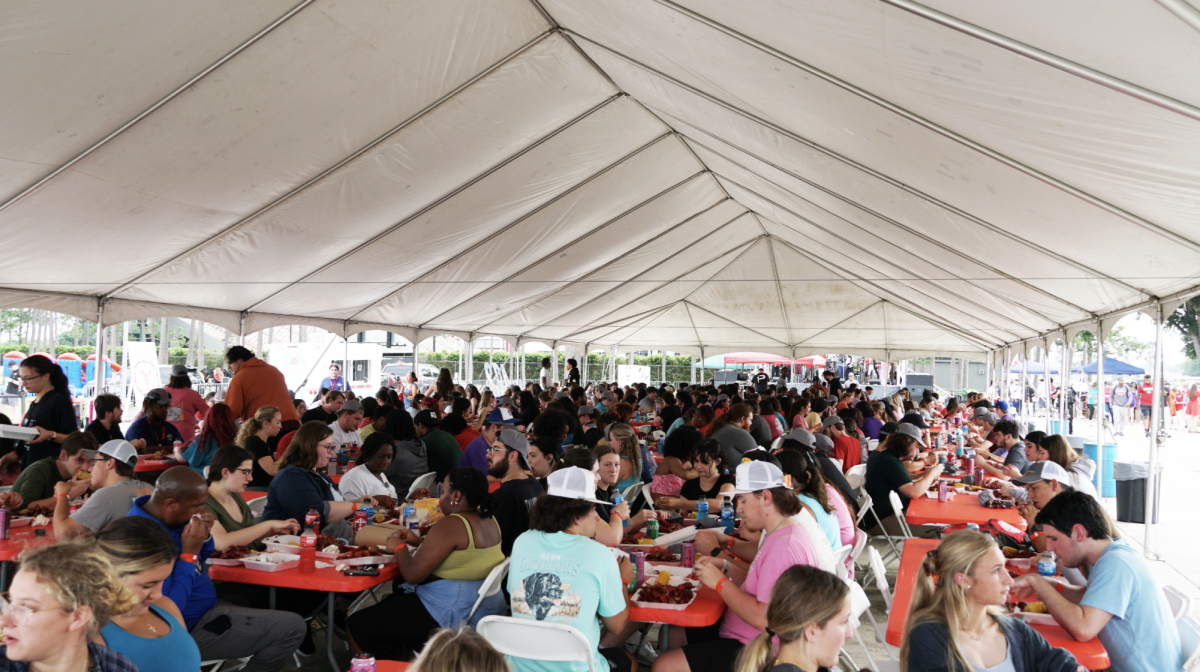When the average person hears the word Louisiana, food is the first thing that comes to their mind. I guess now it’s the Deepwater Horizon oil spill, Hurricane Katrina or probably the Super Bowl Champion New Orleans Saints.
Okay, before 2005, if they heard the word Louisiana, food would pop into their mind. It still does for me.
Any other place on Earth, even those with great cuisine, could separate food from their culture. The same is not true in Louisiana. Food is not just for sustenance here. It holds a sacred spot in our hearts. It is a ritual, a religion and a way of life. That is why it is only right to make a food this week’s focus.
Keeping that in mind, I wanted to start off with a food that is a staple among the people of Louisiana. This food is diverse, substantial, delicious and cheap. You can order it plain or get it fully dressed with lettuce, pickles, tomatoes and mayonnaise. This cornerstone of our culinary heritage is of course the “Po’ Boy.”
While on the surface it may seem to be just like any other submarine sandwich found around the country, this particular variation is physically different because of the Louisiana style French bread it is served on. This is usually a lighter, flakier bread because of the humid climate it is baked in. The other difference is the fresh local seafood, roast or meat that accompanies it.
The most interesting part of the sandwich, just like everything else in Louisiana, is tied to its cloudy and mysterious origins.
In my investigation of the “Po’ Boy,” I came across multiple stories of how it came into existence. Yes, I did way more research into this than anyone ever should about a sandwich, but that gives you the luxury of impressing people with your knowledge with none of the work. But, I digress.
The first story about the invention of the “Poor Boy,” as it is sometimes referred to, deals with two brothers who were formally streetcar conductors that opened a small restaurant while on strike. They were known to serve their fellow strikers free sandwiches. This is what earned them, and eventually the sandwich, the name “Poor boy.”
In a tale from Jay Harlow’s “The Art of the Sandwich,” he writes that the sandwich simply got its name from the French term “pour boire,” which means “peace offering.” This was believed to be the case because men would bring one home to their wives after having a long night out on the town.
Other tales suggest that the “Poor boy” was just a cheap lunch that earned itself a clever nickname.
Of course, after throwing the term around here in Louisiana for many years, naturally the “Poor boy” was shortened to the “Po’ boy.”
No matter which of these colorful stories you believe, how you get it dressed or how you say it one thing is for sure about this meal.
A true Louisiana “Po’ boy” gives everyone the chance to eat like a king.
While the “Po’boy,” has received most of my praises, it does not mean this is the only culinary hero the “beautiful boot” has given the world.
While I could ramble on about the origins of gumbo, jambalaya, blackened redfish, crawfish etouffee, crawfish pies, etc., I’d rather you go out and remind yourselves of these flavors firsthand.
After you do, take a second to think about how lucky we are to live in a place that supplies us with what is an almost infinite menu of treasures.








